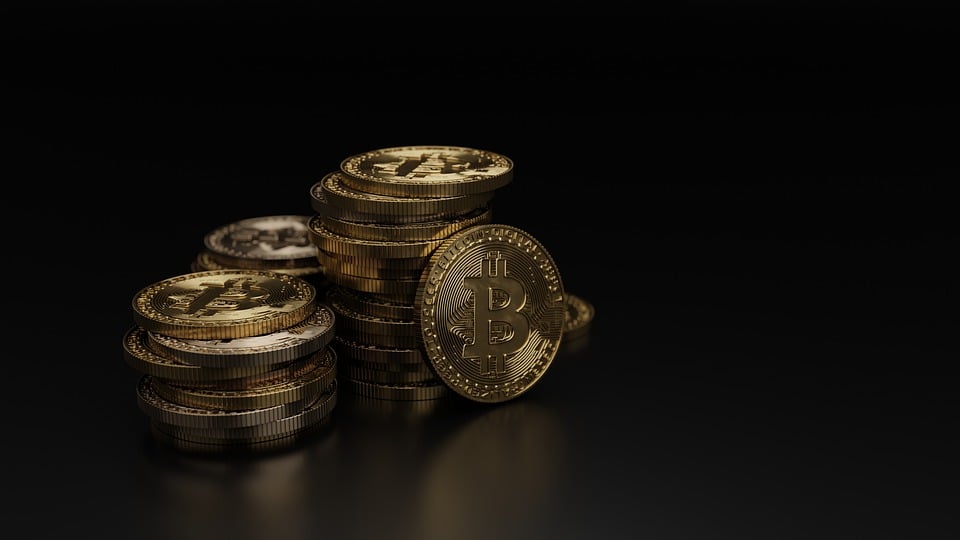Blockchain technology has been making waves in various industries, and healthcare is no exception. With its decentralized and secure nature, blockchain is revolutionizing the way healthcare data is stored, shared, and accessed. From improved data security to streamlined processes, blockchain is changing the game for the healthcare industry in more ways than one.
One of the biggest challenges facing the healthcare industry today is the security of patient data. With the rise of cyberattacks and data breaches, it has become increasingly important for healthcare organizations to protect the sensitive information of their patients. Traditional centralized systems are susceptible to hacks and breaches, leaving patient data vulnerable. Blockchain technology offers a solution to this problem by providing a secure and tamper-proof way to store and share data.
In a blockchain network, each block of data is encrypted and linked to the previous block, creating a chain of information that is immutable and transparent. This means that once data is added to the blockchain, it cannot be altered or deleted without the consensus of the entire network. This level of security ensures that patient data remains safe and protected from unauthorized access.
Furthermore, blockchain can also improve the efficiency and transparency of healthcare processes. By creating a decentralized system where all parties have access to the same information, blockchain eliminates the need for intermediaries and streamlines communication and collaboration among healthcare providers. This can lead to faster and more accurate diagnoses, better coordination of care, and ultimately, improved patient outcomes.
Another benefit of blockchain technology in healthcare is its potential to enable data interoperability. With different healthcare providers and systems often using incompatible formats and protocols for storing and sharing data, interoperability has long been a challenge in the industry. Blockchain has the potential to create a universal platform for exchanging health information, allowing different systems to communicate seamlessly and securely.
In addition to improving data security, efficiency, and interoperability, blockchain technology also has the potential to transform the way healthcare is managed and delivered. By creating smart contracts that automate processes such as billing, payments, and insurance claims, blockchain can reduce administrative costs and streamline operations. These cost savings can then be passed on to patients, making healthcare more affordable and accessible.
Overall, blockchain technology is changing the game for the healthcare industry in a big way. From improving data security and transparency to streamlining processes and reducing costs, blockchain has the potential to revolutionize healthcare as we know it. As more healthcare organizations adopt and implement blockchain solutions, we can expect to see a more secure, efficient, and patient-centered healthcare system emerge.



